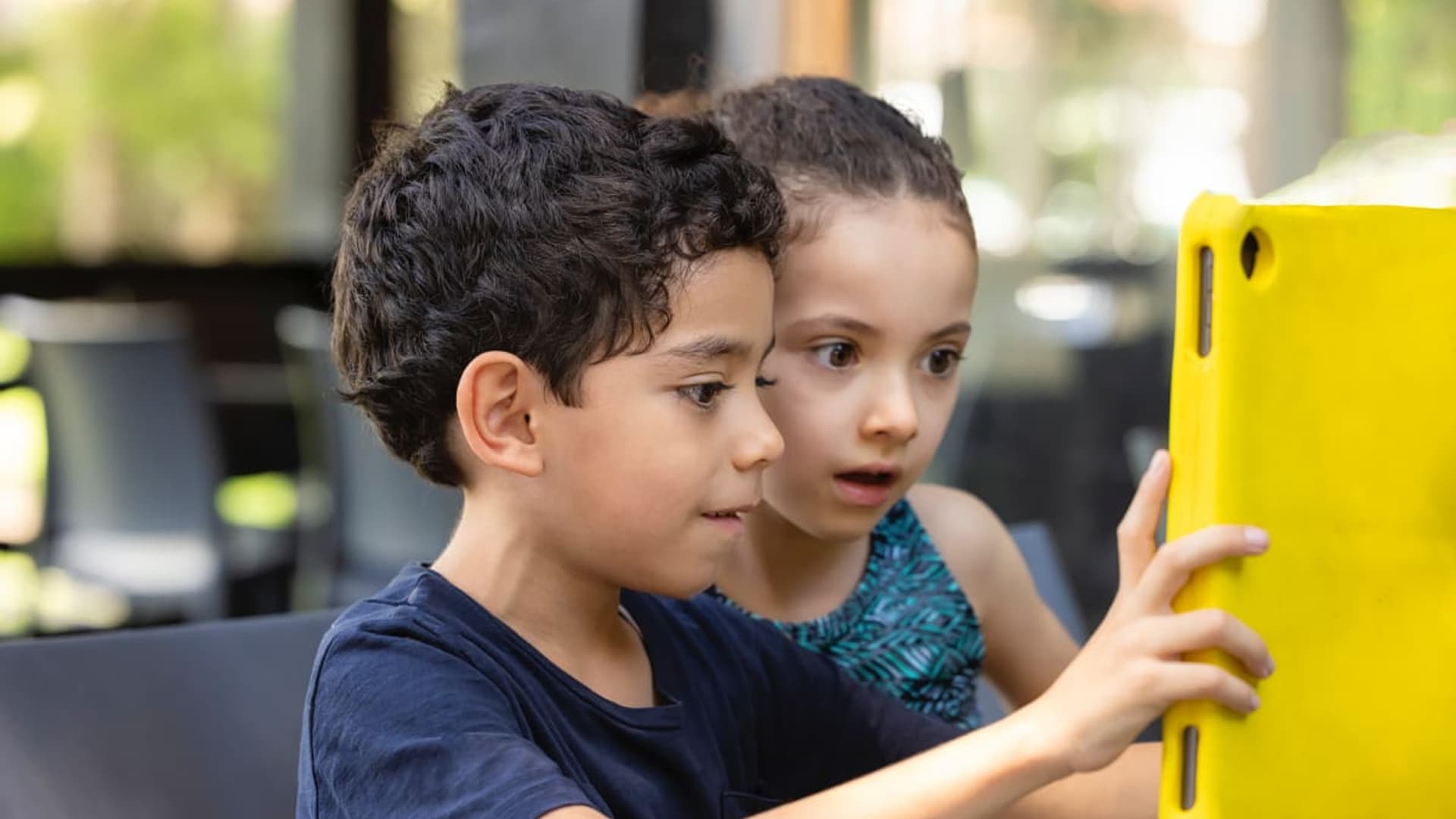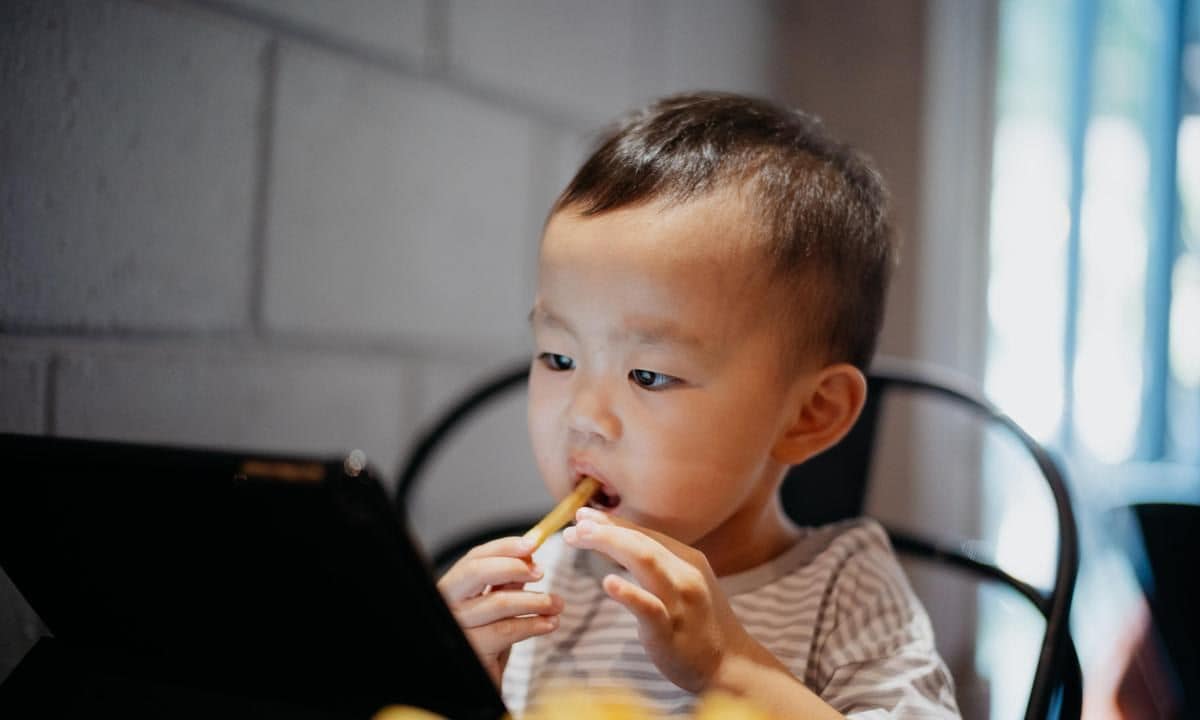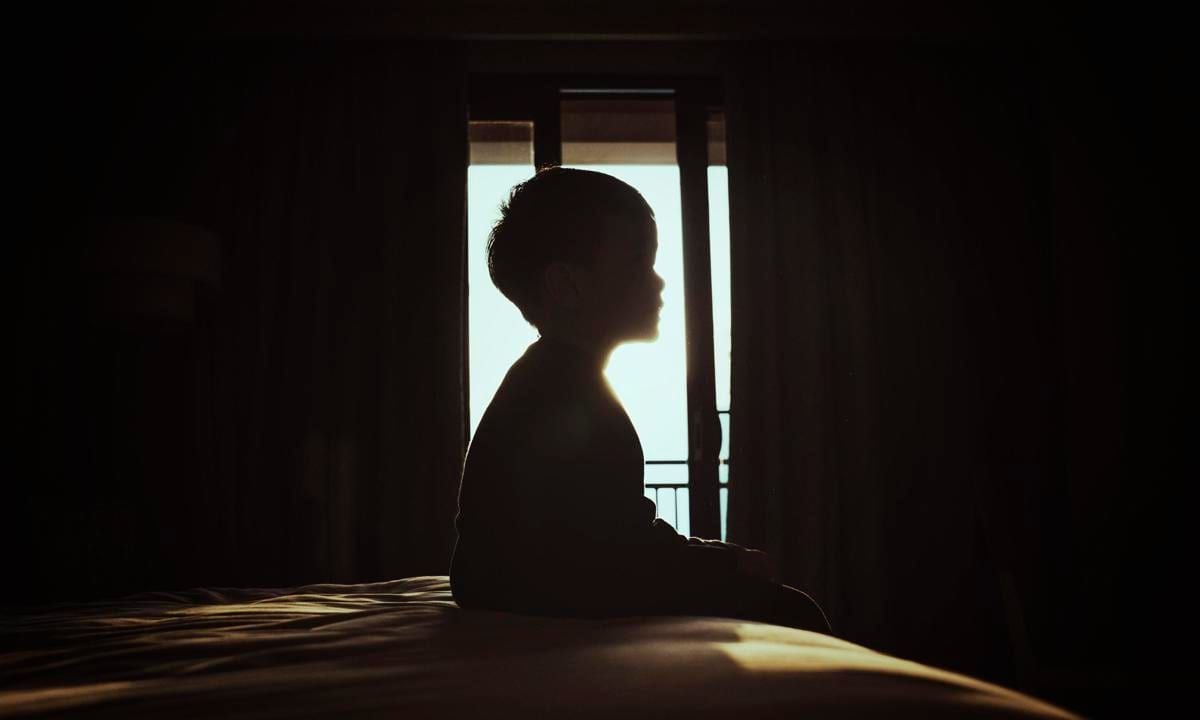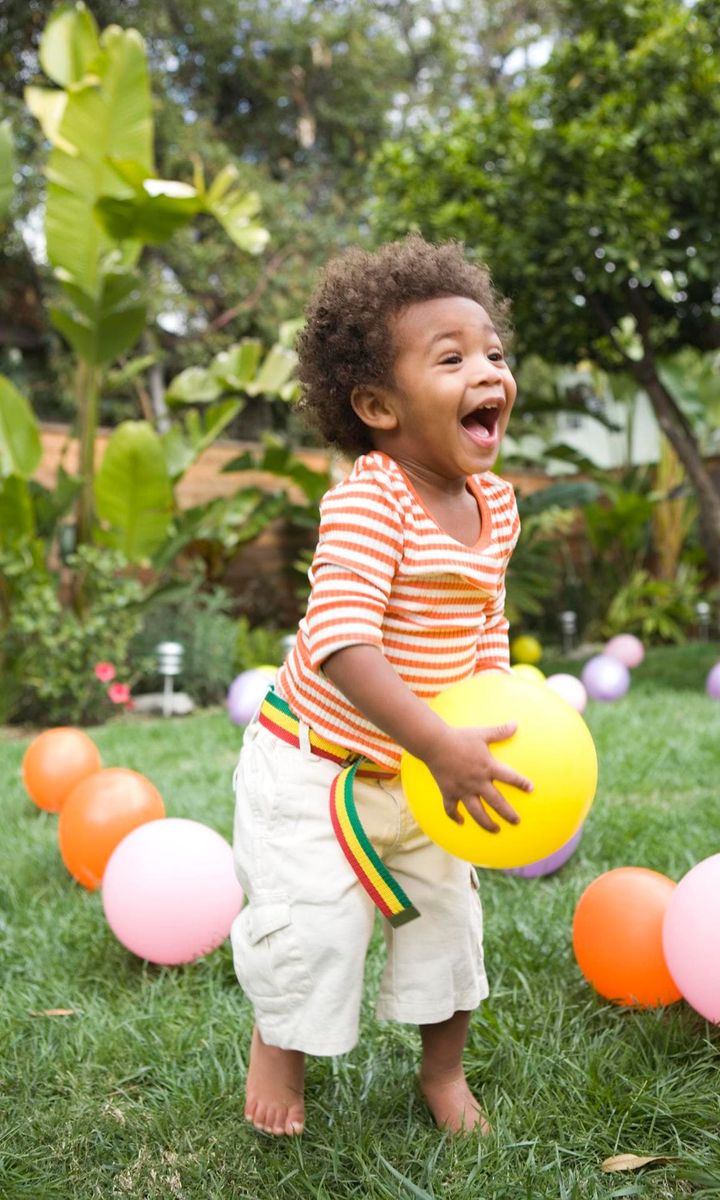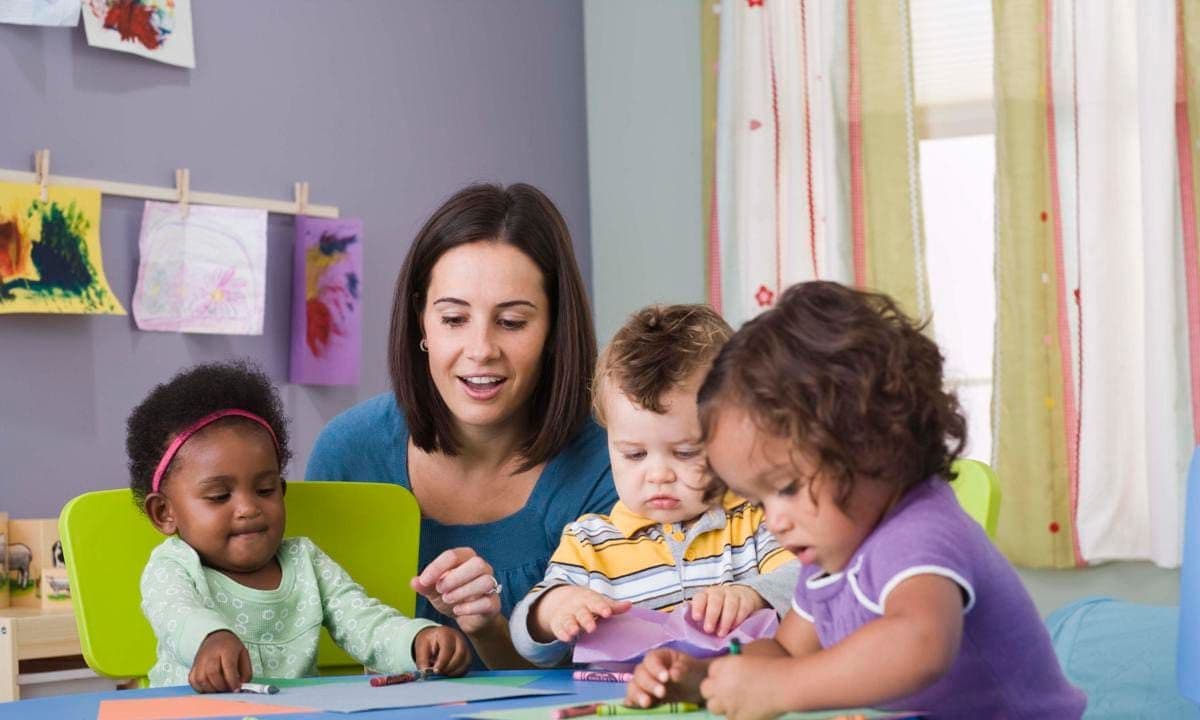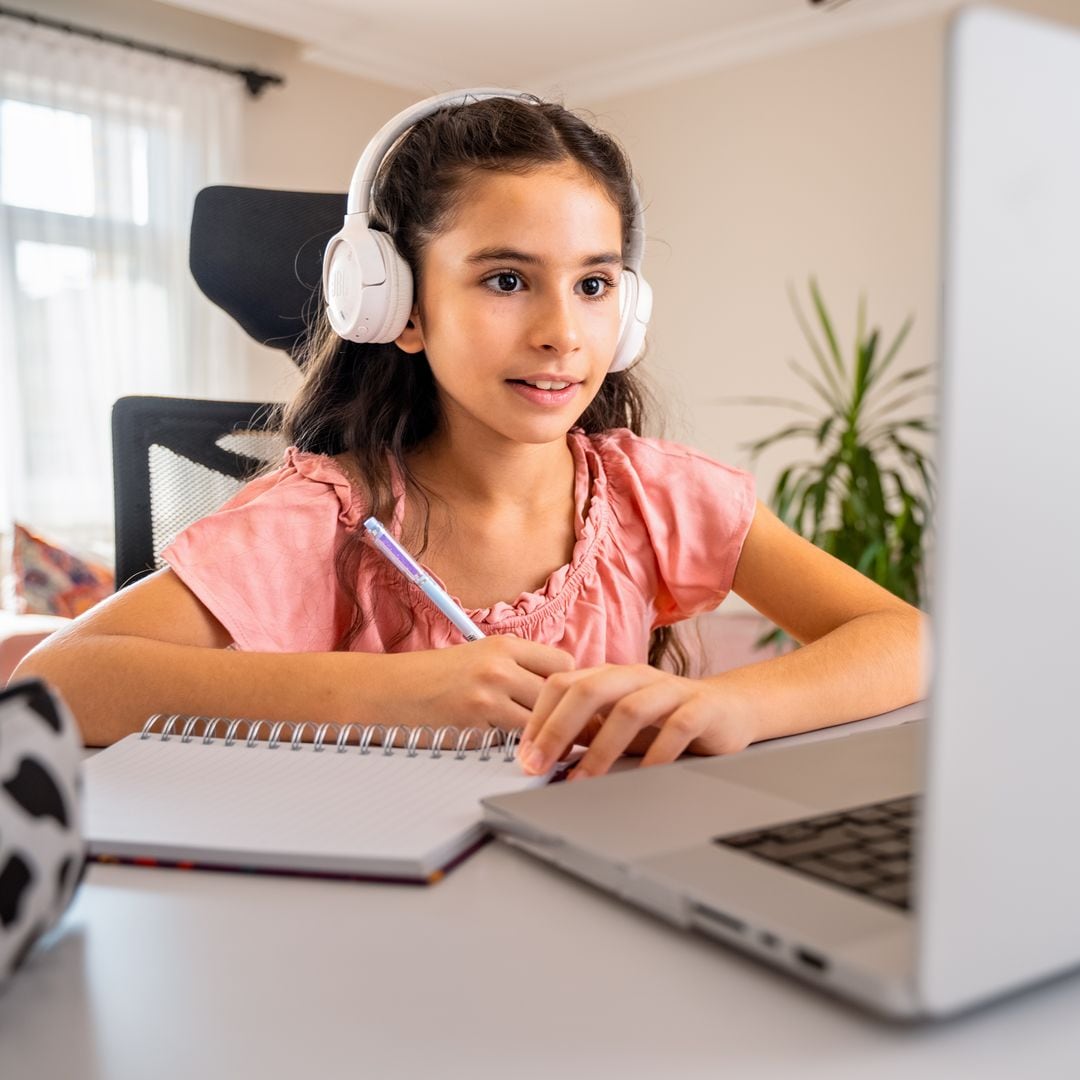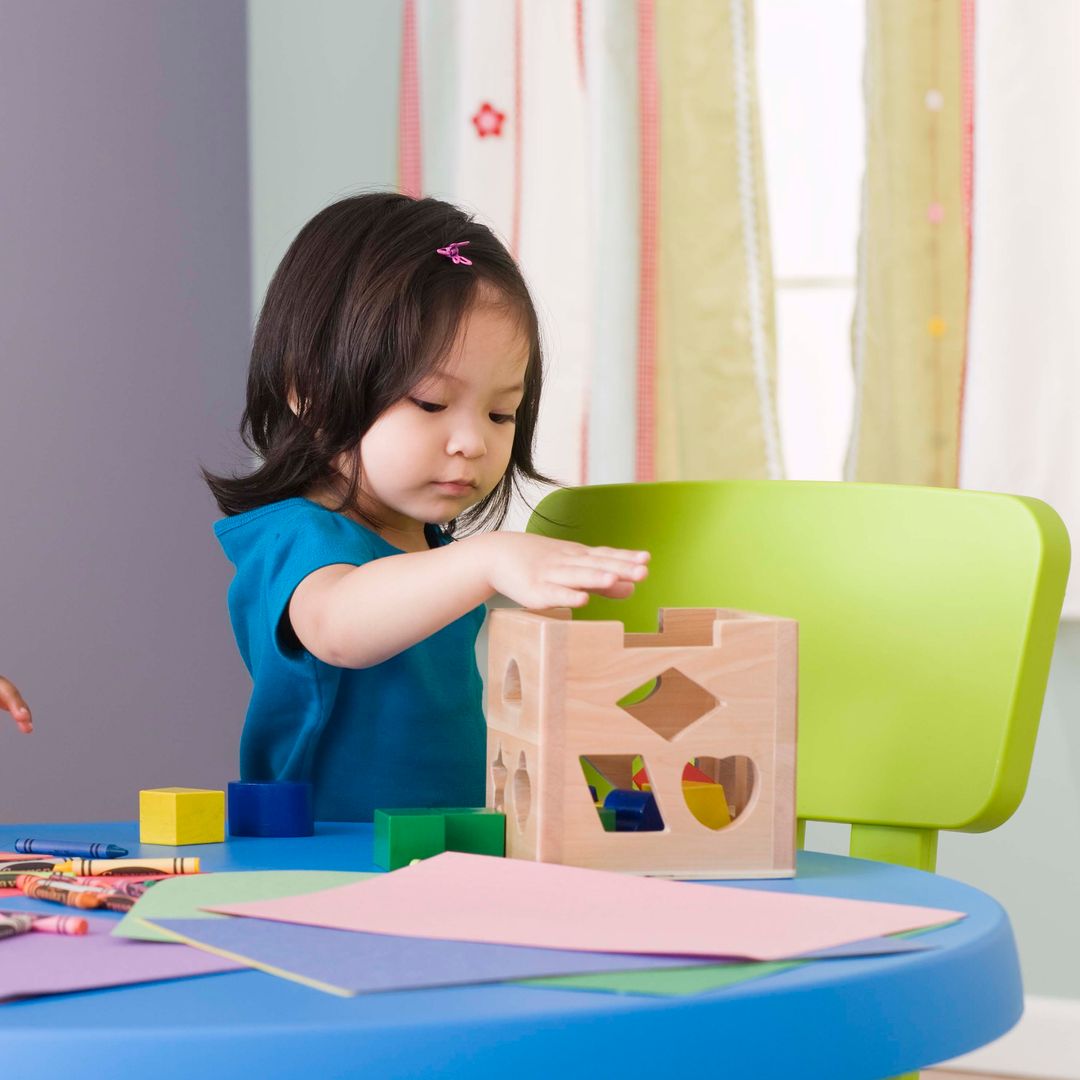Researchers from Drexel University published a study about the potential harm of exposing babies and toddlers to excessive screen time during their sensory development, even though most adults grew up watching TV early.
Child development experts now suggest parents remove any type of screens, including television and movies, until their child turns two years old. Drexel University psychologist David Bennett, the study’s senior author, found that exposing kids under 2 to screens could lead to sensory processing issues.
According to the study, by the time a child turns 12 months old, they are 105% more likely to develop high sensory behaviors if exposed to screens. By 18 months, the odds increase by 23% for each additional hour of screen time. And by 24 months, the odds increase by 20% for developing high sensory behaviors. These findings suggest that prolonged exposure to screens during early development stages can negatively affect a child’s sensory processing abilities.
“If a child consistently doesn’t like to be held, tries to escape noisy environments and it’s becoming stressful for the parent as well, that might be a sign that something is going on there,” said Bennett.
Signs of low registration in children
Doctors have observed that children with low registration might appear sluggish in responding to environmental changes or when their name is called. Additionally, a study has found a link between autism and screen time, although it is unclear whether screen time causes autism.
“We were wondering, since we’ve been finding a relationship between early screen exposure and autism behaviors, if it’s possible that sensory processing might somehow be part of the puzzle,” the expert said.
Fostering constructive activities for children
Jeannette Kaplun, lifestyle and parenting expert and editor-in-chief of HispanaGlobal shared with HOLA! USA how do educational gifts for kids contribute to reducing their screen time and fostering more constructive activities.
“Educational gifts are like secret agents for learning—they invite kids to play but sneak in learning when they’re not looking. They encourage hands-on play, which naturally cuts down screen time,” Kaplun said. “For instance, when kids are building a fort with Magna-Tiles or solving a puzzle, they’re too engaged to think about tablets or TVs.”
When it comes to the specific benefits educational gifts provide regarding children’s cognitive development and creativity compared to screen-based activities, Jeannette says, “The beauty of educational gifts is that they’re like a multi-vitamin for the brain. They nourish creativity, critical thinking, and social skills. For example, a child engaging with the Barbie Science Lab Playset might craft a story that exercises their language skills and empathy, which is something screens can’t always provide.”
Examples of educational gifts
Kaplun shared a list of educational gifts that have been particularly effective in capturing a child’s interest and diverting their attention away from screens.
- Advent calendars with science experiments and small toys.
- Sensory bins that engage children’s tactile and visual senses, enhancing their spatial awareness and fine motor skills.
- Bananagrams in Spanish, which kids and adults can play together and learn words in Spanish.
- Activity tables and sets for preschoolers.
- Pretend play sets for kids to use imagination and socialize with a grill, food truck, and camper.
“When kids interact with educational toys, they’re in the driver’s seat, making decisions and solving problems, which starkly contrasts the passive scrolling and watching on screens. Take Spiderman’s Miles Morales, for instance; this Afro-Latino superhero’s action figure can inspire kids to create stories, which boosts their narrative skills and imagination,” Kaplun adds.
How can parents and caregivers effectively incorporate educational gifts into a child’s daily routine to minimize their screen time?
To balance educational toys with screen time in a child’s routine, Kaplun suggests parents:
- Enforce daily screen time limits.
- Choose educational toys suitable for the child’s age and interests. Schedule regular playtimes with these toys.
- Actively participate in play to enhance the experience.
- Set up a specific area for focused play with educational toys.
- Keep play fresh by rotating toys.
- Use these toys as rewards for less screen time.
